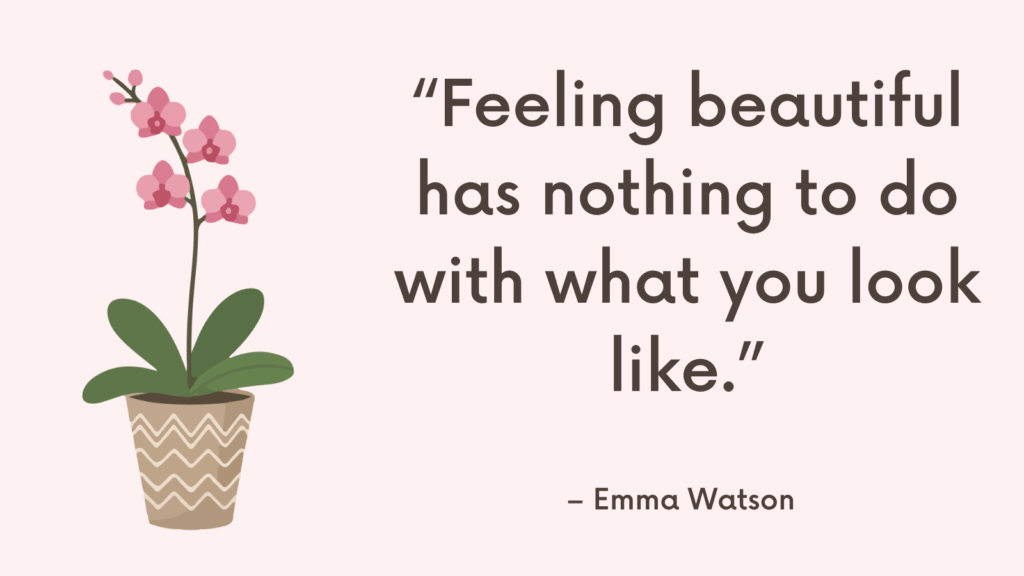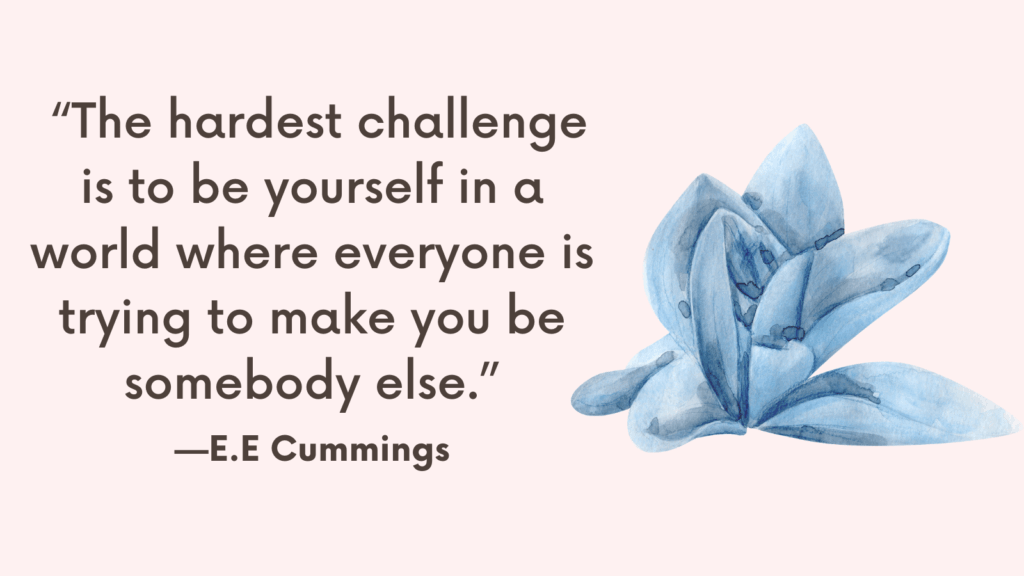The gym can be a place of strength and growth, but it can also feel like a hall of mirrors where comparison sneaks in. Surrounded by different body types, fitness levels, and routines, it’s easy to measure yourself against others. Comparison can leave you discouraged, self-conscious, or even questioning your worth. Handling these moments with practical strategies allows you to reclaim the gym as a space for your well-being rather than a stage for judgment.
Why Comparisons Feel Stronger in the Gym
The gym is supposed to be a place of strength and growth, yet it often magnifies self-consciousness. Surrounded by mirrors, equipment, and bodies in motion, it becomes easy to compare yourself with others. You might notice someone lifting heavier, moving faster, or having the physique you wish you had. The space designed for health can turn into a quiet battleground of self-worth.
The Hidden Layer of Gym Comparisons
Comparison in the gym isn’t really about who has bigger muscles or a leaner frame. It’s about what those things represent: discipline, belonging, achievement, desirability. When you compare, you’re not just looking at bodies—you’re measuring yourself against the stories you’ve been told about what those bodies mean.
The Cycle of Self-Objectification
Gym culture often fuels self-objectification. Mirrors on every wall, progress photos, and performance metrics can shift your focus from how your body feels to how it appears. Instead of connecting with strength, breath, or resilience, you become preoccupied with how you measure up visually. This pulls you away from the very benefits movement is meant to give.
Emotional Consequences of Comparison
Body comparisons at the gym often trigger more than fleeting envy. They can bring shame (“I’m not doing enough”), defeat (“I’ll never look like that”), or resentment (“Why can they and I can’t?”). Over time, this erodes motivation. Instead of exercising for health or joy, you start moving from a place of punishment or inadequacy.
Shifting the Meaning of the Gym
The deeper challenge is not to stop noticing others—it’s to shift what their presence means. Another person’s progress doesn’t erase yours. Another body’s shape doesn’t define your worth. The gym can either be a hall of competition or a shared space of growth. Healing comparisons means reclaiming it as the latter.
Related: Struggling with Body Image? These Worksheets Support Healing and Self-Acceptance
15 Ways to Handle Body Comparisons at the Gym
1. Remember Your “Why”
When comparison starts, bring yourself back to the reason you’re at the gym. Maybe it’s building endurance, boosting mood, or caring for long-term health. Anchor in your personal purpose instead of letting other people’s bodies dictate your focus.
2. Shift From Appearance to Performance
Instead of thinking, “I wish I looked like them,” focus on what you want your body to do. Set performance-based goals: lifting a certain weight, running a distance, or improving flexibility. This reframes the gym as a space for progress, not appearance.
3. Use Headphones to Create a Mental Boundary
Music or podcasts act as a barrier between you and distractions. When you’re tuned into your own rhythm, you’re less likely to scan the room and compare. It’s a simple but powerful way to stay centered.
4. Avoid Mirror Fixation
Mirrors are useful for form checks, but lingering in them fuels self-comparison. Use mirrors briefly for safety, then step away. Remind yourself they’re a tool, not a measure of worth.
5. Reframe What You See in Others
When you notice someone stronger, fitter, or leaner, shift the thought from envy to possibility: “That shows what the body is capable of. I can keep working toward my own version of strength.” This transforms comparison into inspiration.
Related: How To Break Emotional Eating? Top 8 Powerful Ways To Stop Comfort Eating
6. Manage Social Media Fitness Content
Often, comparison at the gym is intensified by what you see online. If you follow influencers who only show “ideal” bodies, unfollow or mute them. Replace them with accounts that promote realistic, diverse approaches to fitness.
7. Wear Clothing That Supports Confidence
Choose gym clothes that feel comfortable and allow movement without distraction. If you’re constantly adjusting your outfit or feeling exposed, comparison thoughts grow louder. Comfort frees up energy for focus.
8. Use a Training Log
Document your own workouts and improvements, no matter how small. Seeing progress in strength, stamina, or consistency keeps you focused on your journey. A log reminds you that the real competition is with yesterday’s self.
9. Practice Grounding Before Entering
If you often feel anxious walking into the gym, pause outside, take a deep breath, and set an intention like, “I’m here to take care of myself.” This ritual anchors you before comparison starts.
10. Limit Peeking at Others’ Routines
Watching what everyone else is lifting, running, or doing only fuels comparison. Instead, focus on your program. If curiosity arises, remind yourself that their journey has different starting points and goals.
Related: How to Stop Emotional Eating?
11. Acknowledge That Every Body Has a Story
What you see is just the surface. Someone’s physique may come from genetics, years of training, or even struggles you can’t see. Remembering this prevents you from reducing a person’s whole story to their appearance.
12. Celebrate Your Non-Physical Wins
Even if your body doesn’t look the way you want yet, notice other wins: you showed up despite low motivation, your mental health feels lighter, or you’ve built discipline. These victories matter just as much as visible changes.
13. Train With a Partner Who Grounds You
Having a supportive gym buddy helps you stay focused on your routine and goals. A partner can redirect negative talk, celebrate your progress, and keep comparison at bay.
14. Use Positive Self-Talk Mid-Workout
When you catch yourself thinking, “I’ll never look like them,” replace it with, “I’m building strength that serves me.” Words influence performance and resilience, helping you reclaim control over the mental spiral.
15. Leave the Gym With Gratitude
Before leaving, reflect on one thing you’re grateful your body did during the session. Gratitude rewires the focus from what you lack to what you’ve achieved, keeping your relationship with the gym grounded in respect.
Related: What Is A Distorted Self Image & How To Build A Positive One?

Conclusion
Comparison is natural, but it doesn’t have to take over your gym experience. By anchoring in your personal goals, focusing on performance over looks, setting mental boundaries, and practicing gratitude, you transform the gym into a space of empowerment. Every rep, step, and stretch belongs to your unique journey — and that journey deserves your full attention, not a constant measurement against others.



